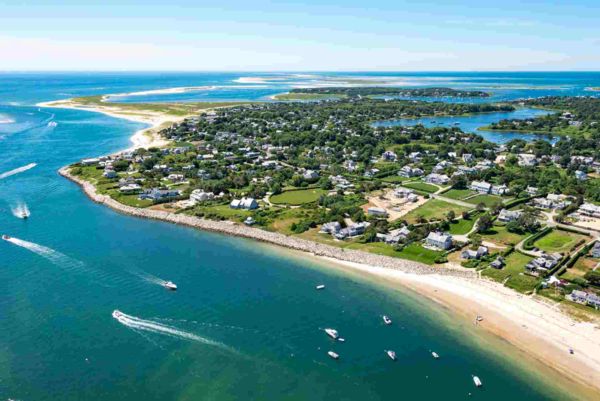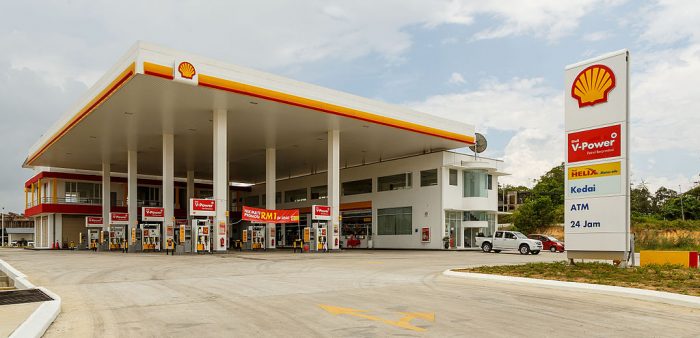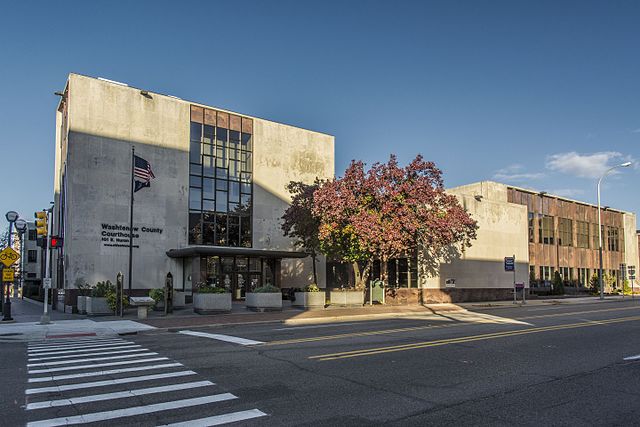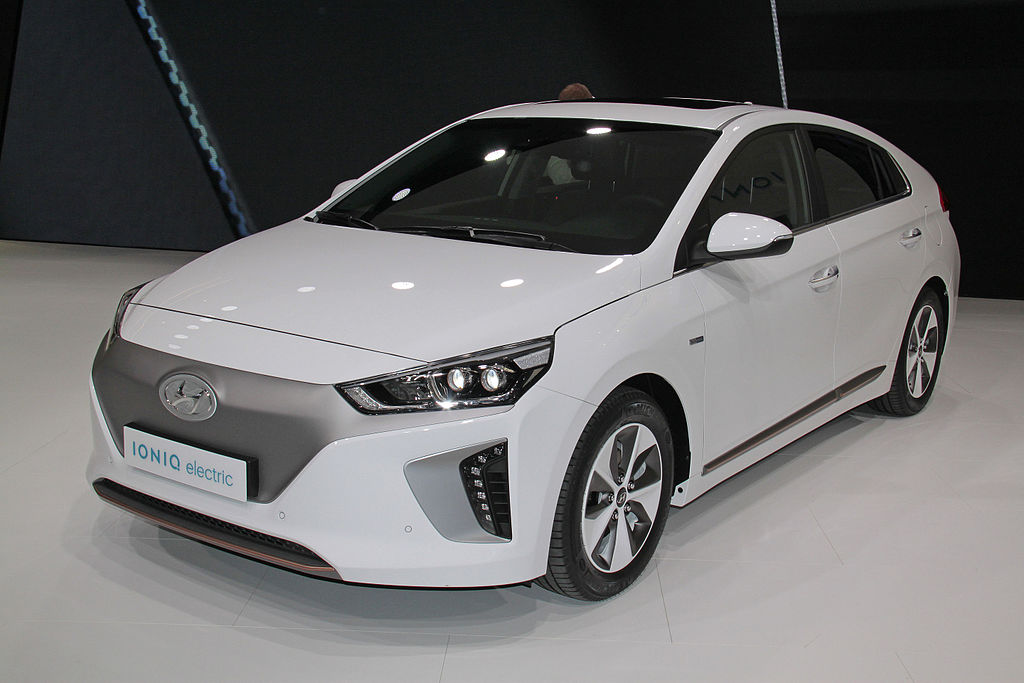Now Reading: UK to ban diesel and gasoline car sales by 2030 as part of green plan
-
01
UK to ban diesel and gasoline car sales by 2030 as part of green plan
UK to ban diesel and gasoline car sales by 2030 as part of green plan

The United Kingdom will prohibit the sale of new gasoline and diesel cars by 2030, a decade before its previous commitment, the prime minister said Tuesday.
Boris Johnson made the pledge as part of strategies for a “green industrial revolution” that he claims could create up to 250,000 jobs in energy, transport, and technology.
The sales of new gasoline and diesel cars and vans will end in 2030, though hybrid vehicles can be sold until 2035.
Automakers are concerned about the target, saying the previous goal of 2040 was ambitious enough.
The government’s green strategies also include investments in hydrogen energy and carbon capture technology, and the ambition to make enough wind energy to power every home in the country by 2030. To the chagrin of some environmentalists, plans also include a new generation of nuclear power plants.
The environmental push is part of Johnson’s attempts to move beyond the tremors of the coronavirus crisis and Britain’s divisive exit from the European Union, and to bring new jobs to former industrial regions of central and northern England that are currently having a hard time to overcome the crisis.
“Although this year has taken a very different path to the one we expected, I haven’t lost sight of our ambitious plans to level up across the country,” Johnson said.
“Our green industrial revolution will be powered by the wind turbines of Scotland and the North East, propelled by the electric vehicles made in the Midlands and advanced by the latest technologies developed in Wales, so we can look ahead to a more prosperous, greener future.”
Johnson also has made a shared commitment to battle climate change part of his pitch to Joe Biden as he looks forward to work with the U.S. president-elect over the issue.
The U.K. is set to host the COP26 global climate conference next year, after a 12-month delay due to the coronavirus pandemic. Britain has also pledged to decrease its carbon emissions to net zero by 2050.
Stay Informed With the Latest & Most Important News
Previous Post
Next Post
-
 01Polestar Boss Says It’s Time To Outrun BMW M And Mercedes-AMG
01Polestar Boss Says It’s Time To Outrun BMW M And Mercedes-AMG -
 02Spy Shots: 2027 Mitsubishi Pajero Spotted in Testing Ahead of Possible U.S. Return
02Spy Shots: 2027 Mitsubishi Pajero Spotted in Testing Ahead of Possible U.S. Return -
 032026 Toyota Hilux EV: A Powerful Truck with Silent Torque
032026 Toyota Hilux EV: A Powerful Truck with Silent Torque -
![2027 Mercedes-Benz S-Class Debuts with V8 Engine [Photo Gallery]](https://speedlux.com/wp-content/uploads/2026/01/2027-Mercedes-Benz-S-Class-33-155x125.jpg) 042027 Mercedes-Benz S-Class Debuts with V8 Engine [Photo Gallery]
042027 Mercedes-Benz S-Class Debuts with V8 Engine [Photo Gallery] -
 05Spy Photos: VW ID. Polo GTI Goes Electric with 223 HP and 280 Miles of Range
05Spy Photos: VW ID. Polo GTI Goes Electric with 223 HP and 280 Miles of Range -
 06Hyundai Palisade’s Breakout Year Shows How Quickly the Market Can Turn
06Hyundai Palisade’s Breakout Year Shows How Quickly the Market Can Turn -
 07The Controversial Ford Voodoo V8 That Was Killed Off Too Early
07The Controversial Ford Voodoo V8 That Was Killed Off Too Early



![2027 Mercedes-Benz S-Class Debuts with V8 Engine [Photo Gallery]](https://speedlux.com/wp-content/uploads/2026/01/2027-Mercedes-Benz-S-Class-33-700x394.jpg)










































